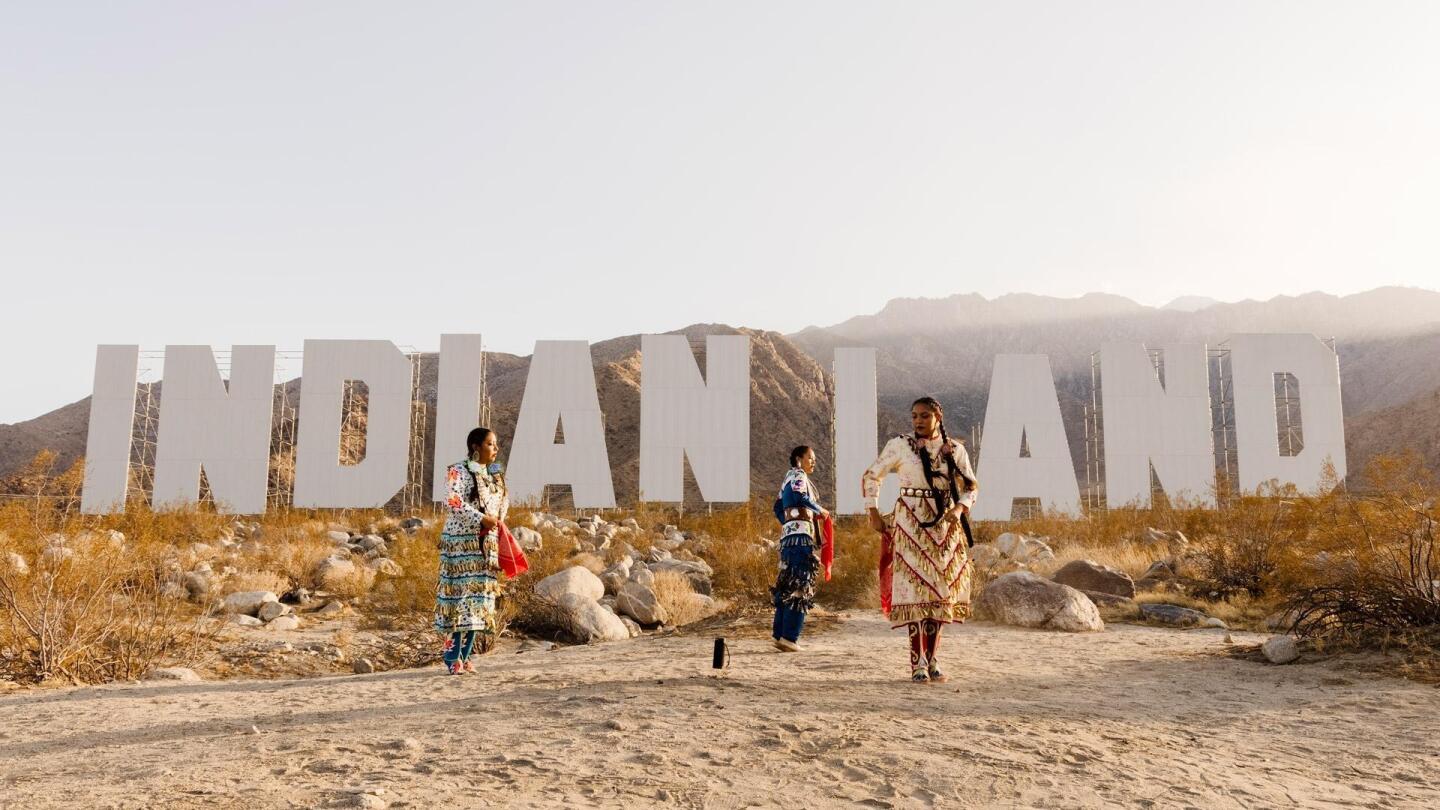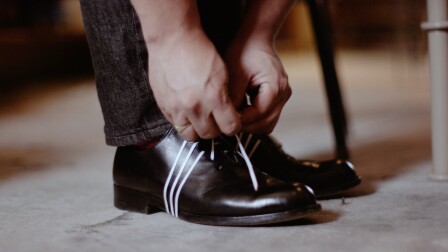Past and Present: MOCA Curator Helen Molesworth on the Legacy of Alma Ruiz
Former Museum of Contemporary Art Los Angeles curator Alma Ruiz spent over three decades at the institution, during which she exhibited some of the most influential and experimental modern and contemporary artists.
In this video interview, Helen Molesworth, current chief curator at MOCA, talks about Ruiz's time at the museum, and her constant push to exhibit Latin American artists in U.S. galleries.
Helen Molesworth: Alma Ruiz worked at MOCA for 30 years. She dedicated her entire adult life and professional career to MOCA, and she was at the forefront of a group of curators, across the country, who were basically saying, "Hello, hello. There's all this work going on in Latin America. America is not the only place where art is being made." And that was definitely part of the problem with the post-World War II story. America was all like, "We're the boss of the world. We rule. We make pop culture. We make Coca-Cola. We give you [Andy] Warhol. Our story is the story."
In the mid to late '80s, a lot of forces convene and a bunch of people start talking about "You know, that's just one tiny piece of the story. There's actually this whole globe of people making artwork. There's all kinds of folks moving back and forth across this globe carrying information and news from one art center to another."
Los Angeles is super interesting in that regard because the geographical pipeline between Latin America and L.A. is really active and alive. And it was influencing art here, and art there. Alma was one of the first museum curators in this country to organize exhibitions of contemporary Latin American artists and she very doggedly pursued making sure that those objects entered the collection, cause if those objects don't enter the collection, then the collection can't tell that story. And so she really helped us make it possible to tell a much more diverse story than we could have told otherwise.























